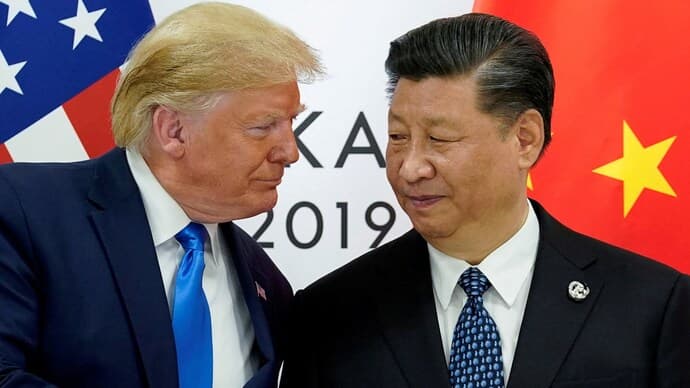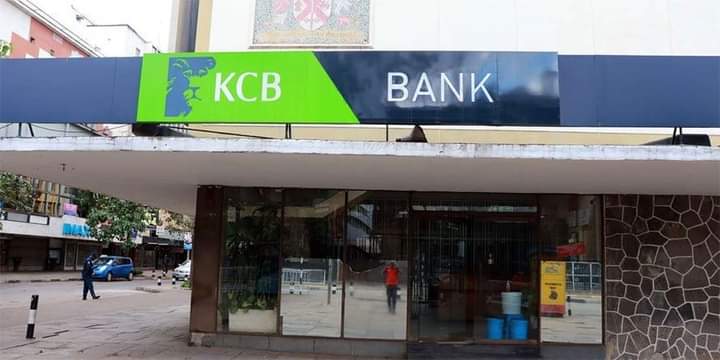Safaricom PLC newly launched investment product; Ziidi Money Market Fund (MMF) is generally low-risk low-return kind of investment.
Unlike other products like Equity Fund investing in high-risk assets such as stocks, currencies, commodities among others, Ziidi MMF invest mostly in interest-earning instruments such as government securities.
Ziidi Money Market Fund has accumulated Sh2.85 billion in assets under management and attracted over 450,000 users within its first month of operation.
The unit trust product, managed in partnership with Standard Investment Bank and ALA Capital Limited, allows M-PESA users to earn daily interest on their investments.
A money market fund professionally manages a pool of money from various investors. Depending on how well the scheme is doing given the state of the market, the investors receive interest every day.
The fund operates within M-PESA's existing transaction limits of Sh500,000 daily and Sh250,000 per transaction, representing Safaricom's strategic expansion beyond payment services into investment products.
CEO Peter Ndegwa frames Ziidi MMF as part of the company's broader initiative to promote financial wellness, with SIB Founder James Wangunyu emphasizing the fund's potential to deliver competitive returns while supporting Kenya's financial inclusion goals through the bottom-up economic model.
Safaricom's best chance to grow as the telco business matures is digital finance. Safaricom should fully transform into a CBK-licensed digital bank.
Ziidi is another step toward capital market democratization. Thanks to Safaricom's collaboration & partnerships, money market fund investing is now simple and safe for everyone.
The platform, introduced in late 2023, has quickly become a hot topic, with many viewing it as a potential game-changer in the investment landscape.
Accessible through the M-Pesa App under the ‘Financial Services’ tab or by dialing 3345#, Ziidi MMF allows users to invest from as little as Ksh. 100 and earn competitive daily interest.







